Kenenisa Bekele poised for fairy-tale finish to his glittering career?
Written by I Dig Sports
Richard Nerurkar sets the scene as the legendary Ethiopian runner prepares to tackle the Olympic marathon in Paris on Saturday
I first crossed paths with Kenenisa Bekele in the summer of 2001. Earlier that year we had moved out to Addis Ababa, and in our first year I ended up spending a lot of time at the Addis Ababa Stadium in conversation with officials at the Ethiopian Athletics Federation about plans to stage Ethiopias first international mass-participation road race which would take place later that year.
It was the week after the 2001 IAAF World Championships in Edmonton where Haile Gebrselassie had relinquished his 10,000m crown to Charles Kamathi, having won four consecutive world titles in the six years from 1993 to 1999. Kenenisa, who had not made Ethiopias team for Edmonton, was training on his own at the national stadium under the watchful eye of his coach, Dr Woldemeskel. Even more vividly than the content of the session (6x800m) I remember thinking as I watched him: This guy looks incredibly relaxed running at speed!
Four months later in the first edition of the Great Ethiopian Run International 10km, Kenenisa finished third behind Haile and Assefa Mezgebu (who had won gold and bronze respectively in the Sydney Olympic 10,000m). Kenenisa had already set a world junior record over 3000m in the summer of 2001 (with 7:30:67 just days after the workout I had witnessed in Addis) but he was still relatively unknown.
The following March I travelled to Dublin with the Ethiopian team ahead of the 2002 IAAF World Cross Country Championships and watched Kenenisa run away with both the long course (12km) and short course (4km) races, once again making it look so incredibly easy. Those victories were the start of 10 consecutive world cross-country titles in the years from 2002 to 2006 where he won five double titles over 4km and 12km.
Kenenisa Bekele (Mark Shearman)
In March 2007 five of us from the Great Ethiopian Run office drove down to Mombasa to watch the first-ever World Cross Country Championships on Kenyan soil. The heat and humidity of the races in Kenyas coastal city made the trip a memorable experience, not to mention the crowds of spectators who flocked to the race. I can still recall the roar that went up at that point on the course where Kenenisa had stepped off the track in the run-in to the finish, thus ending his 27-race cross-country winning streak.
Seventeen months later at the 2008 Beijing Olympics, Kenenisa was back to winning ways. If you watch a replay of the 10,000m where he won the first of his two golds you see him easing up over the races last 50 metres in which he sets an Olympic record of 27:01.17, cruising round the last lap in 53.4 seconds. It was from around this time that people started to talk about him as the greatest of all time.
Mo Farah, Kenenisa Bekele and Haile Gebreselassie race in 2013 (Mark Shearman)
Throughout his illustrious track career, Kenenisa would find it hard being compared to Haile. While as athletes their achievements were equally jawdropping, as individuals they were quite different. From an early stage of his career Haile with his infectious smile and mastery of English had endeared himself to fans all over the world. Long before Kenenisa had appeared on the scene his status both in Ethiopia and abroad had become legendary: adidas had brought out a shoe in his honour, a highway in Addis Ababa had been named after him and his whole persona had become inseparable from the Yichilal (it is possible) slogan that portrayed him as a trailblazer for his country.
In early January 2005 I took a call from Haile as he drove from his office in Bole to a nearby hospital. Haile had just heard about the sudden death of Kenenisas fiancée Alem Teshale while they had been training in the forests above Addis Ababa. A few days later we travelled to Asela in the Arsi highlands for her funeral. As striking as the depth of grief for the tragic loss of a talented young athlete was Hailes concern for his younger team-mate who was now taking on his mantle of the worlds best distance runner.
Jos Hermens with Kenenisa Bekele at the Beijing 2008 Olympic Games
In April 2014 Kenenisa made his marathon debut in Paris, winning comfortably in a time of 2:05:04 when the marathon world record stood at 2:03:23 to Wilson Kipsang. By then Haile had already called time on his own career, having twice broken the marathon world record in Berlin in 2007 and 2008. Jos Hermens, who has managed both Haile and Kenenisa, was sure that Kenenisa could go even faster and brought him together with Renato Canova and for a few years they worked closely together, with Kenenisa spending short periods of training in Kenya. Canova concurred with Hermens that there was no athlete on the planet with an engine like Kenenisas.
In the five years following his debut marathon victory in Paris, Kenenisa experienced several ups and downs. He won the Berlin Marathon in 2016 in an Ethiopian national record of 2:03:03 but also suffered a series of injuries and dropped out of three marathons including one in Amsterdam in October 2018 where I was commentating. I still had huge admiration for Kenenisa at this point in his career, but I found it hard to believe that he could get back to winning ways.
Eleven months later, having not raced since his DNF in Amsterdam, Kenenisa won the Berlin Marathon for the second time in 2:01:41, falling just two seconds shy of Eliud Kipchoges world record set in the same race 12 months previously.Whats more, after the race the word from Hermens and Canova was that Kenenis ahad done only six weeks of proper training!
Kenenisa Bekele (Getty)
I was also commentating in Valencia last December when Kenenisa finished fourth, setting a masters world record of 2:04:19. The pace in this race was incredibly fast, with the leaders going through halfway in 60:35. Backing off from the leaders pace before 15km, Kenenisa went through halfway in 60:58 and ended up running the last 16 miles of the race on his own. And so, eight months out from the Olympics, we all started wondering whether after a 12-year hiatus we might see this great champion back on the Ethiopian team for his fourth Olympics.
Last month when I was in Ethiopia, I heard friends talking excitedly about Kenenisas preparation for the Olympic marathon. But at the age of 42 and 20 years after his first Olympic victory the odds on a fairytale finish to his glittering career should not be overstated.
Just to see him there on the start line fills me with awe. Hes already a legend. As Canova once remarked: We cant compare Kenenisa with anybody else in the past, present, or probably in the future.


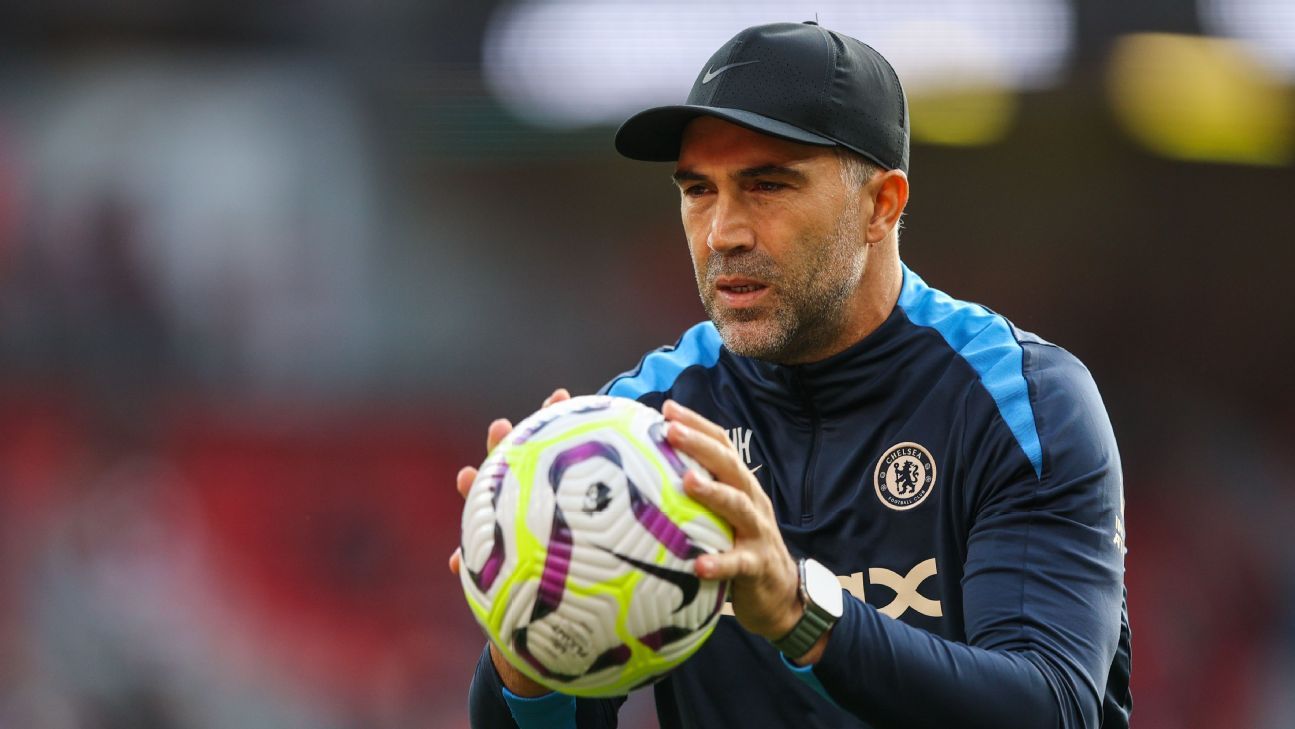
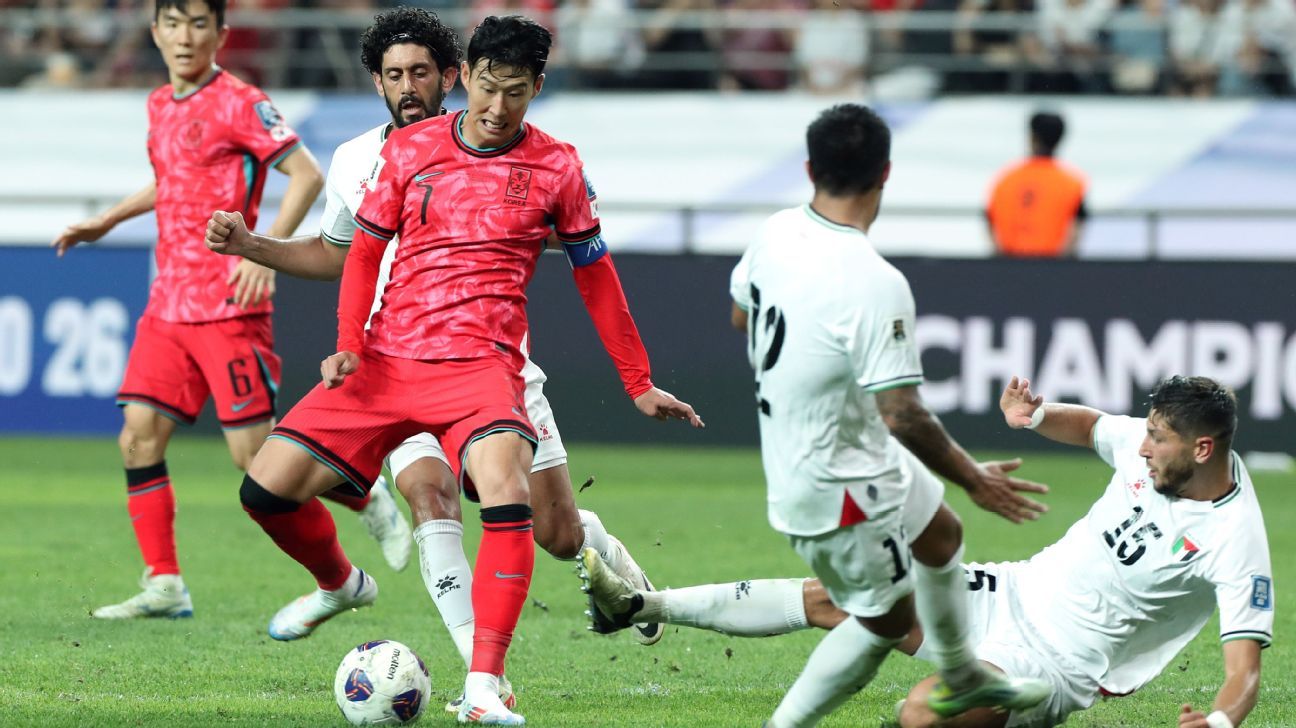
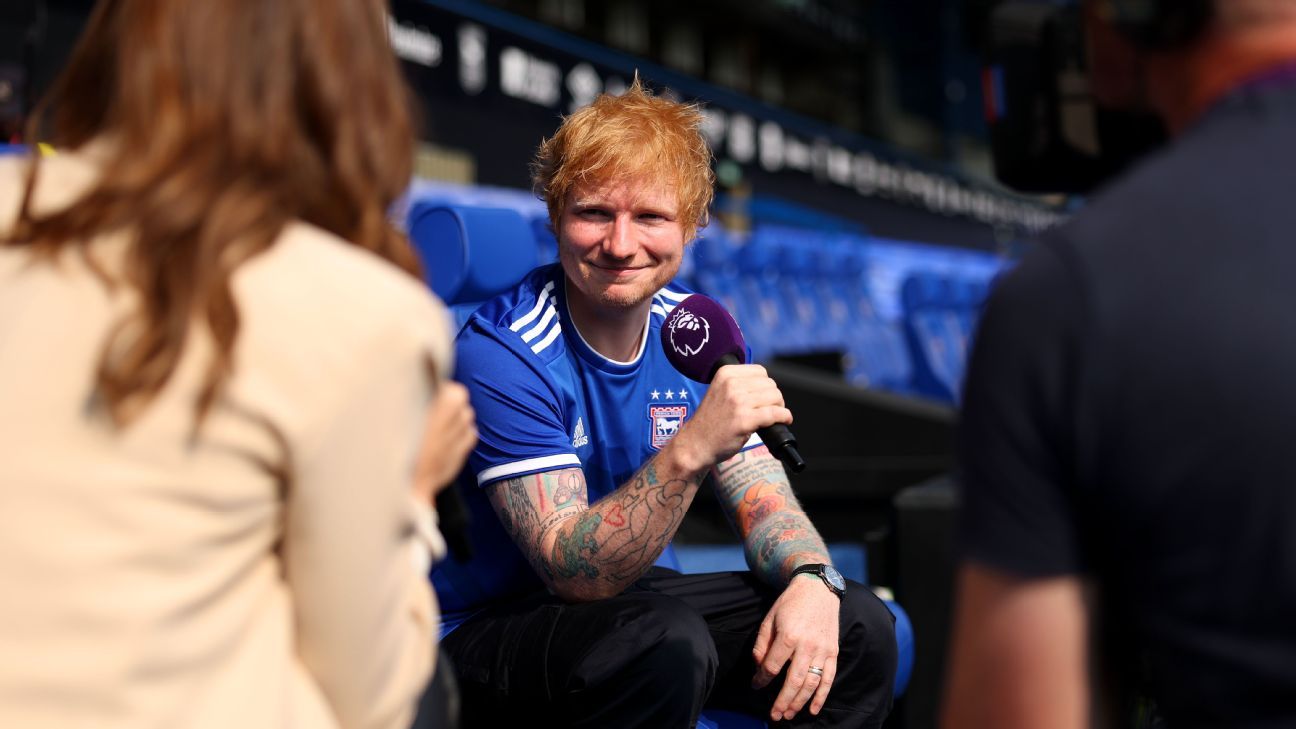






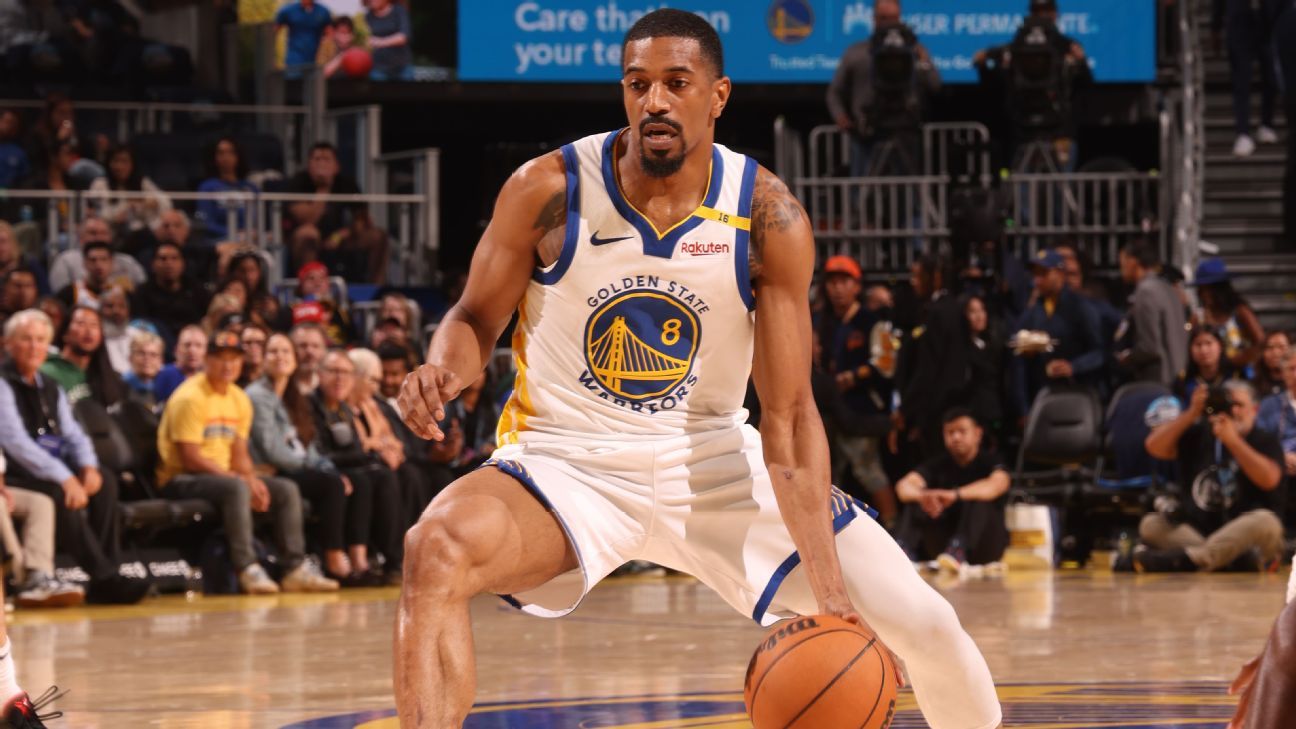

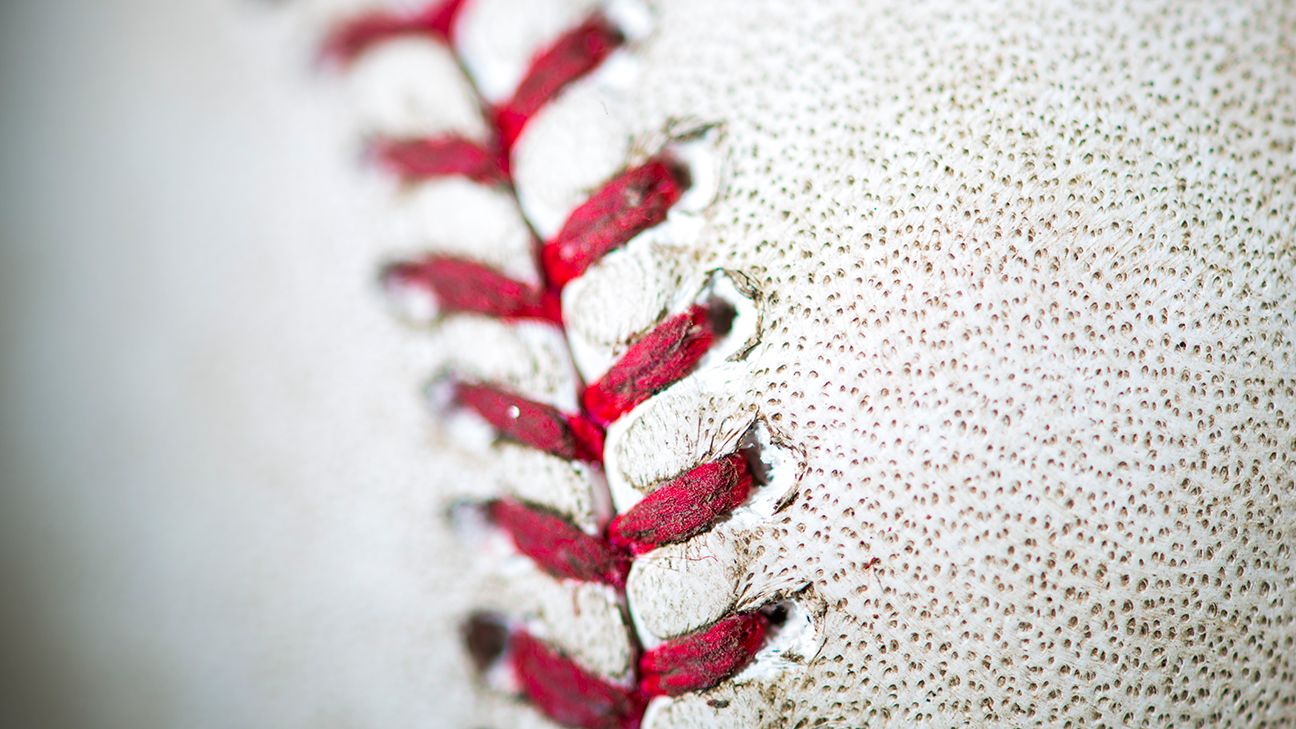

 Phone: (800) 737. 6040
Phone: (800) 737. 6040 Fax: (800) 825 5558
Fax: (800) 825 5558 Website:
Website:  Email:
Email: 






